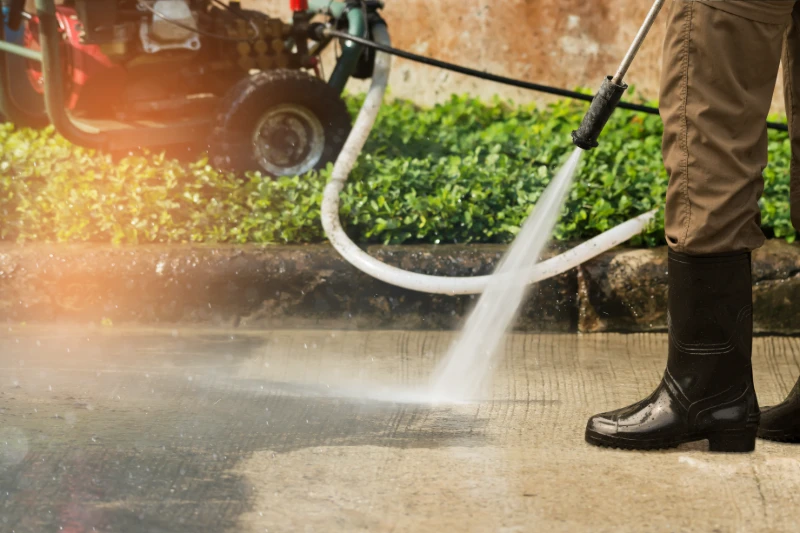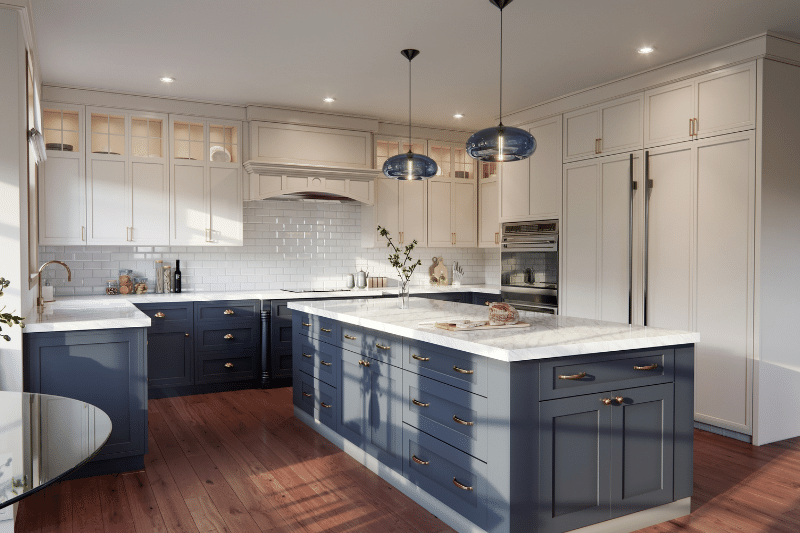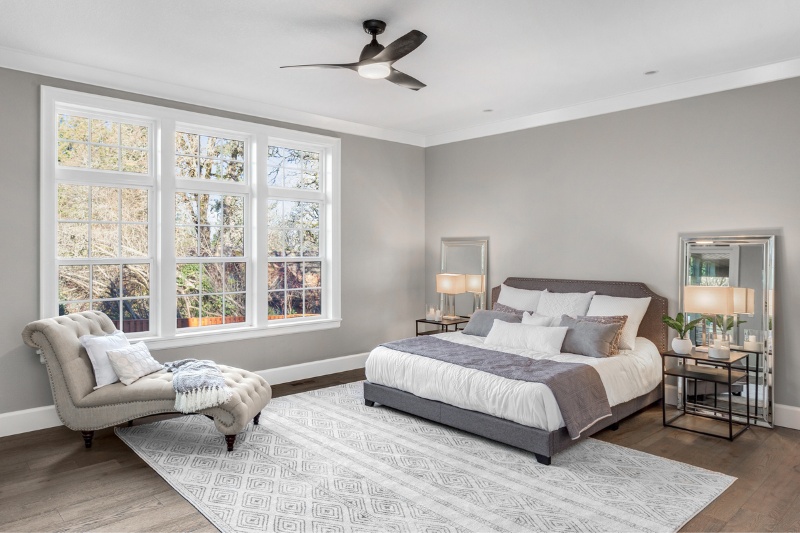A Fresh Start, Inside and Out Spring cleaning isn’t just about dusting and decluttering—it’s an…
Can I Get a Mortgage for a Fixer-Upper?
Buying a fixer-upper can be an exciting opportunity—lower purchase prices, the chance to design your dream home, and the potential for instant equity once the renovations are complete. But one of the first questions buyers ask is: Can I get a mortgage for a fixer-upper?
The short answer is yes—but not with every type of loan. Traditional mortgages often don’t cover homes that need major repairs. Luckily, there are special financing options designed just for properties that need work.
Why Traditional Mortgages Can Be Tricky for Fixer-Uppers
Most lenders want to ensure the home is in “livable condition” before approving a loan. If a property has issues like a damaged roof, non-functioning plumbing, or outdated electrical systems, it may not meet lending standards. This can make it tough to get a conventional mortgage.
That’s where renovation and alternative loans come in.
Loan Options for Buying a Fixer-Upper
1. FHA 203(k) Loan
The FHA 203(k) is one of the most popular options for fixer-uppers. It lets you borrow money not only to purchase the home but also to fund repairs or renovations—all rolled into one mortgage.
-
Great for first-time buyers
-
Lower down payment requirements (as little as 3.5%)
-
Covers both minor and major renovations
2. Fannie Mae HomeStyle Renovation Loan
This loan allows buyers to finance both the purchase and the renovation costs. It’s more flexible than FHA 203(k) because it can be used for luxury upgrades (like a new pool or high-end finishes), not just necessary repairs.
-
Works with primary residences, second homes, and even investment properties
-
Down payment as low as 3% for qualified borrowers
3. VA Renovation Loan (for veterans and service members)
VA loans sometimes allow renovation financing, though availability can vary by lender. This program combines the benefits of a VA loan (no down payment, no mortgage insurance) with funds for home improvements.
4. Hard Money Loan
A hard money loan is a short-term financing option often used by real estate investors. These loans are funded by private lenders and are based more on the property’s value and potential after repairs than on the borrower’s credit history.
-
Faster approval and funding compared to traditional mortgages
-
Ideal for homes in poor condition that wouldn’t qualify for standard financing
-
Typically higher interest rates and shorter repayment periods
-
Best suited for investors planning to flip or refinance quickly
5. Conventional + Renovation Loans
Some lenders offer their own renovation loan programs, which can be worth exploring if FHA or Fannie Mae loans don’t fit your situation.
What Renovations Can Be Covered?
Depending on the program, renovation loans can cover:
-
Structural repairs (roof, foundation, plumbing, electrical)
-
Kitchen and bathroom remodels
-
New flooring, windows, and paint
-
Energy efficiency upgrades
-
Even room additions in some cases
Cosmetic improvements like landscaping or new furniture usually don’t qualify.
Tips for Success When Buying a Fixer-Upper
-
Get a thorough inspection so you understand the true scope of repairs.
-
Work with an experienced contractor who knows how to bid projects for renovation loans.
-
Choose the right loan program—your lender can help guide you.
-
Be realistic about costs and timelines—renovations often take longer and cost more than expected.
The Bottom Line
Yes, you can get a mortgage for a fixer-upper, but it often requires a specialized loan program like FHA 203(k), Fannie Mae HomeStyle, or even a hard money loan for properties that need major work. With the right financing in place, a fixer-upper could be your ticket to building equity and creating a home that’s truly your own.





